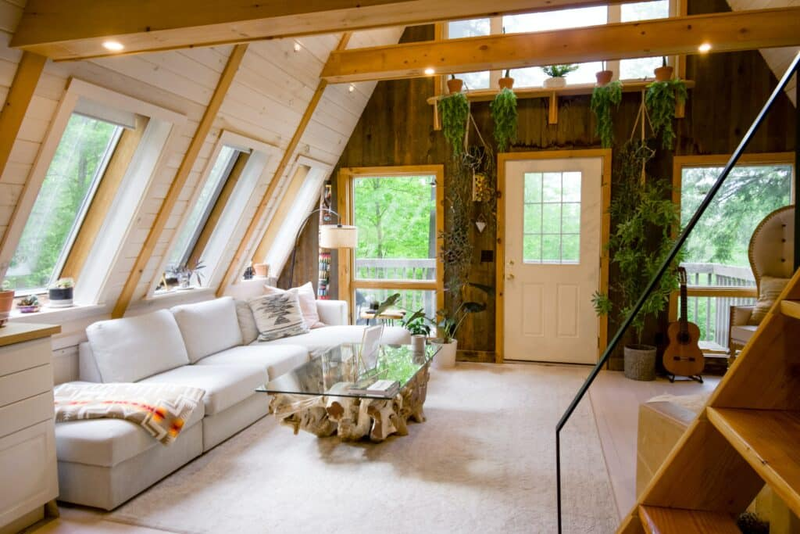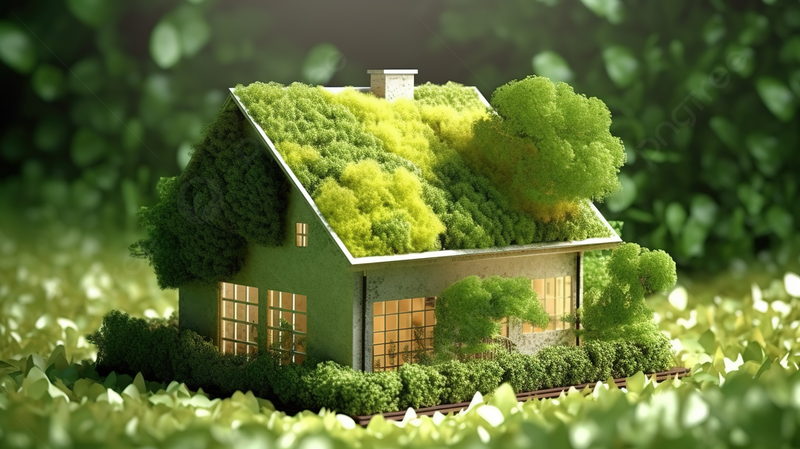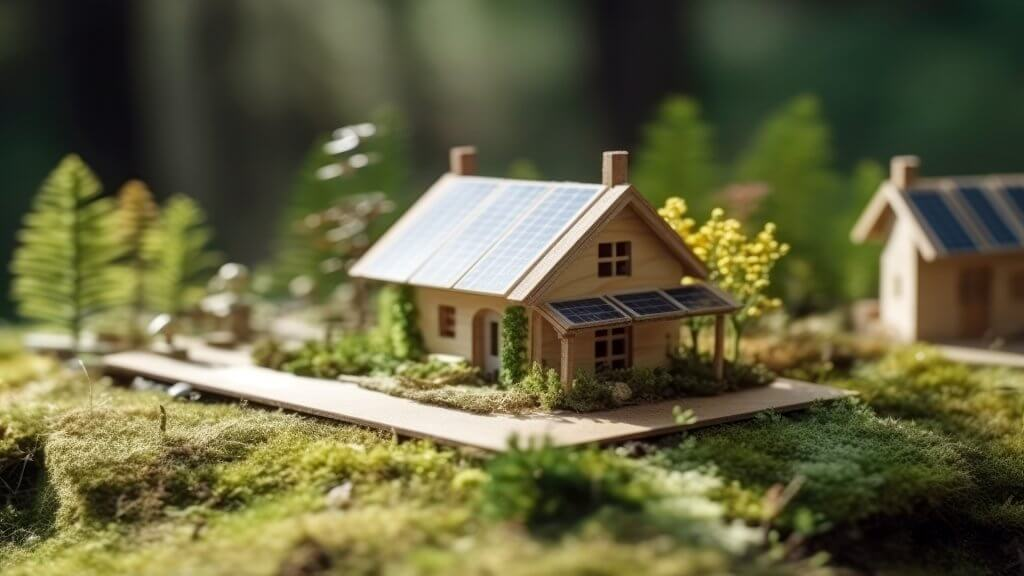As the global focus on environmental sustainability continues to intensify, the real estate industry is undergoing a paradigm shift towards promoting eco-friendly homes and incorporating green features. Sustainable real estate marketing has emerged as a critical avenue for developers and agents to not only meet the demands of an environmentally conscious clientele but also contribute to a more sustainable future. In this article, we will explore the strategies and considerations involved in effectively marketing eco-friendly homes and green features within the real estate sector.
Understanding Sustainable Real Estate Marketing:
Sustainable real estate marketing involves the integration of environmentally friendly practices and features into the promotion and sale of residential properties. This approach goes beyond traditional marketing methods by highlighting the eco-conscious aspects of a property, appealing to a growing market of homebuyers who prioritize sustainability. Successful sustainable real estate marketing not only enhances a property's marketability but also aligns with the global commitment to reducing the ecological footprint of the built environment.

Key Strategies for Effective Sustainable Real Estate Marketing:
- Energy-Efficient Certifications: Highlighting energy-efficient certifications such as LEED (Leadership in Energy and Environmental Design) or ENERGY STAR can significantly boost a property's appeal. Clearly communicate the green certifications a property has achieved, emphasizing the long-term cost savings and environmental benefits for potential buyers.
- Smart Home Technologies: Showcase smart home features that contribute to energy efficiency and sustainability. From smart thermostats to solar panels and home automation systems, integrating these technologies not only aligns with eco-friendly practices but also positions the property at the forefront of modern living.
- Landscaping with Native Plants: Emphasize landscaping with native plants and environmentally friendly irrigation systems. A sustainable garden not only enhances the property's aesthetics but also contributes to local biodiversity and reduces water consumption.
- Recyclable and Sustainable Materials: Highlight the use of recyclable and sustainable building materials in property construction. From flooring to insulation, showcasing the environmentally conscious choices made during the building process can appeal to eco-minded buyers.
- Waste Reduction and Recycling Programs: Communicate the implementation of waste reduction and recycling programs within the community or building. This demonstrates a commitment to sustainable living and community responsibility, factors increasingly important to environmentally conscious homebuyers.
- Green Transportation Options: Highlight proximity to public transportation, bike paths, or electric vehicle charging stations. Access to green transportation options enhances the property's appeal and aligns with the broader sustainability goals of the community.
- Educational Marketing Materials: Develop educational materials that inform potential buyers about the environmental benefits of living in an eco-friendly home. Clearly articulate the positive impact on energy savings, carbon footprint reduction, and overall well-being.

Sustainable real estate marketing is a dynamic and evolving field that presents opportunities for developers and real estate professionals to lead the way in fostering environmentally conscious living. By strategically promoting eco-friendly homes and green features, the industry can contribute to a more sustainable future while meeting the growing demand for environmentally responsible living spaces. Embracing the principles of sustainable real estate marketing not only positions properties as forward-thinking but also aligns with the values of a conscientious and discerning clientele.






